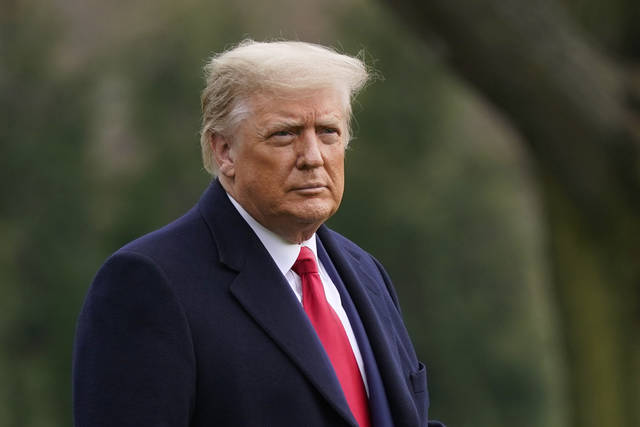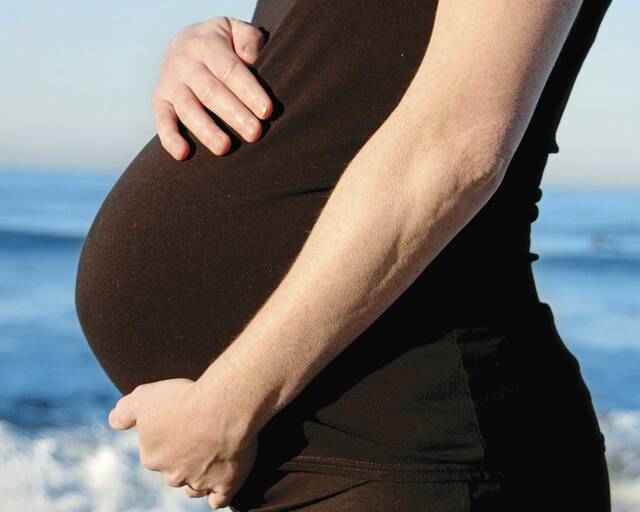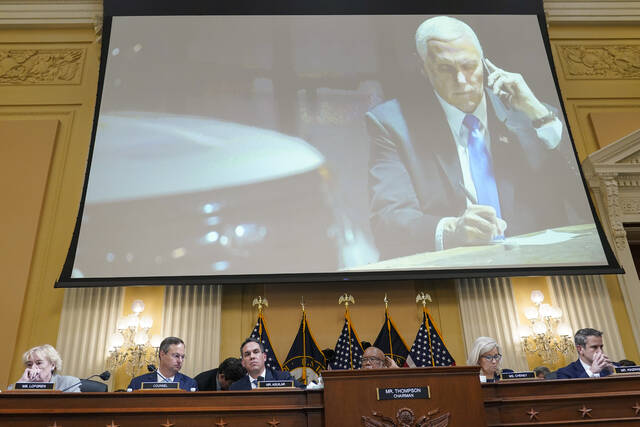The list of President Donald Trump’s pardons and clemencies looks a lot like a supermarket tabloid: In other words, a lot like Trump’s life itself.
There’s Rod Blagojevich with his saucy smile, and there’s smug Joe Arpaio. Every president’s pardon list contains some self-serving or controversial picks; think of then-President Bill Clinton’s pardon for Marc Rich or former President Barack Obama’s commutation of Chelsea Manning’s sentence to time served.
But every other president in American history has chosen some worthy recipients of executive clemency as well, some reformed souls whose cases sang out for pardons. That’s because every other American president has been a more or less normal human being. And normal human beings have some concept of justice.
Trump is incapable of comprehending abstract virtues such as justice. A glance at the list of his pardons just screams, “ME, ME, ME.” There’s Arpaio, whose rabid followers Trump aimed to please, and billionaire Conrad Black, convicted of fraud and obstruction of justice, who is a voluble Trump supporter. Dinesh D’Souza and Bernard Kerik also pass the shameless toady test. In at least one case, Trump’s narcissistic pardon system may have crossed the line from merely reprehensible to illegal, prompting a Justice Department investigation.
But wait, what about Jon Ponder, the thrice-convicted bank robber who served his time and then founded the Hope for Prisoners charity upon his release? Isn’t he just the sort of sympathetic figure presidents should notice? Yes. Except that 1) his pardon was scripted to be a big feature at the Republican National Convention; and 2) he was already free.
What about Alice Marie Johnson, who received a life sentence for a first-time drug offense (and a handful of others whose cases she highlighted)? Yes, that was straight-up justice. And it would deserve approbation except for one thing that slides it into the tabloid category: Trump issued the pardons after high-profile lobbying by Kim Kardashian West.
Most people like to think of themselves as being on the side of the angels. Trump has no inkling of what that is. For him, you’re either for him and therefore good, noble and much-sinned-against, or against him and therefore disgraceful.
And the same person can be both, depending upon what they’ve done for Trump lately. In 2017, for example, Trump labeled George Papadopoulos, a campaign aide who pleaded guilty to lying about his Russian contacts to the FBI, a “low level volunteer” and a “liar.” On release from prison, Papadopoulos recanted (unofficially, but publicly) his guilty plea, and became an apostle for Trump’s conspiracy theories. He got a pardon, along with Alex van der Zwaan, another figure who pleaded guilty to making false statements in connection with the Russia probe. “Today’s pardon helps correct the wrong that Mueller’s team inflicted on so many people,” explained a White House statement. We can expect more of this. Paul Manafort can plan to resume his life of ostrich jackets and lavish apartments.
Trump also reached out to pardon three flagrantly corrupt former Republican members of Congress who misused campaign funds for mistresses, committed securities fraud and other things of that sort. Were Chris Collins, Duncan Hunter and Steve Stockman virtuous men maltreated by the system? No, but they were early backers of Donald J. Trump.
The only time Trump expands his self-regard to others is, revealingly, when it comes to police and war criminals — a pattern he continued. He sees them not as distortions of honor but as strong and virtuous. Inevitably, he complains that they are “very badly treated.” He misses the irony.
We will witness a tawdry spectacle as Trump continues to pardon all the wrong people. There will be worthy recipients tucked into the list of lackeys Trump will reward. But they will be chosen as favors to Trump loyalists in Congress or elsewhere.
The great question that remains is Trump’s possible pardon of one man, the ultimate innocent victim of corrupt forces and “human scum;” a man whose talents are constantly underrated and whose worth is beyond measure — himself. The Constitution, in Article 2, Section 2, says the president “shall have Power to grant Reprieves and Pardons for Offenses against the United States, except in Cases of Impeachment.” The courts have interpreted the president’s pardon power broadly, but no president has attempted to pardon himself.
The best possible outcome of a Trump self-pardon would be a legal test, ending with a unanimous Supreme Court ruling that the word “grant” in the Constitution implies a two-way transaction and that no one, including the president, is above the law. Such a decision, reached with six conservative justices including three Trump appointees, would underline a principle that completely eludes Trump: that most Americans uphold principles beyond self-worship.








